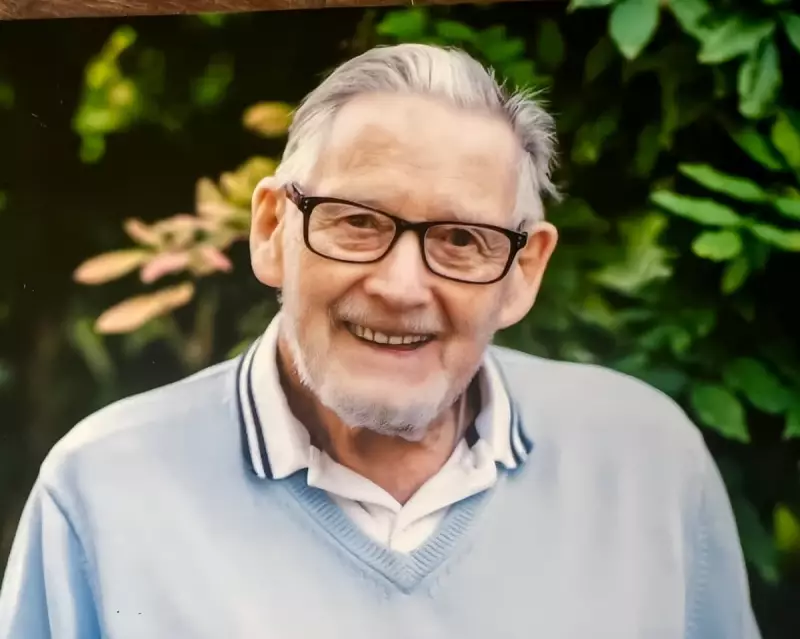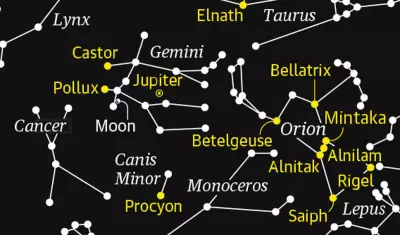
The world of mathematics and computer science is in mourning following the passing of Professor Bob Cook, a visionary Cambridge academic whose foundational work fundamentally shaped our digital age. Cook died peacefully on 28th August 2025, at the age of 85, leaving behind a legacy that stretches from theoretical academia to the silicon chips in every device we use.
While the name Bob Cook may not be a household one, his work is the invisible bedrock of modern computing. His most celebrated contribution, the Cook-Levin theorem, provided the crucial groundwork for the field of computational complexity. This theorem brilliantly established the concept of NP-completeness, a classification for problems that are notoriously difficult for computers to solve quickly.
The P vs NP Problem: A Enduring Legacy
By defining this class of problems, Cook provided the essential framework for one of the most famous and unsolved questions in modern science: the P versus NP problem. This problem, which asks whether every problem whose solution can be verified quickly can also be solved quickly, remains a Millennium Prize Problem, with a $1 million reward for its solution.
His 1971 paper, which introduced the concept of NP-completeness via the 'satisfiability problem', is considered one of the most important in computational theory. It didn't just pose a question; it gave scientists a powerful tool to classify thousands of other problems, from optimising logistics to breaking cryptography.
A Life of Academia and Quiet Dedication
Born in 1940, Cook's intellectual journey began at the University of Michigan. After earning his PhD, he moved to the University of Toronto in 1970, where he would spend the remainder of his illustrious career, shaping the minds of future generations.
Colleagues and former students remember him not only for his towering intellect but for his profound humility and dedication to teaching. He was a recipient of the A.M. Turing Award in 1982, often described as the 'Nobel Prize of Computing', yet he remained a deeply approachable and patient mentor, always more interested in the progress of his students than in personal accolades.
Described as possessing a "fearsome and fast" intellect, he was also a man of few words, who preferred to let his precise and elegant mathematical proofs do the talking. His quiet demeanour masked a sharp wit and a deep passion for the beauty of mathematics.
Professor Bob Cook's work ensured that some of the most complex challenges in computer science could be understood and tackled systematically. His passing marks the end of an era, but his intellectual legacy will continue to challenge and inspire mathematicians and computer scientists for centuries to come. He is survived by his brother, David.






